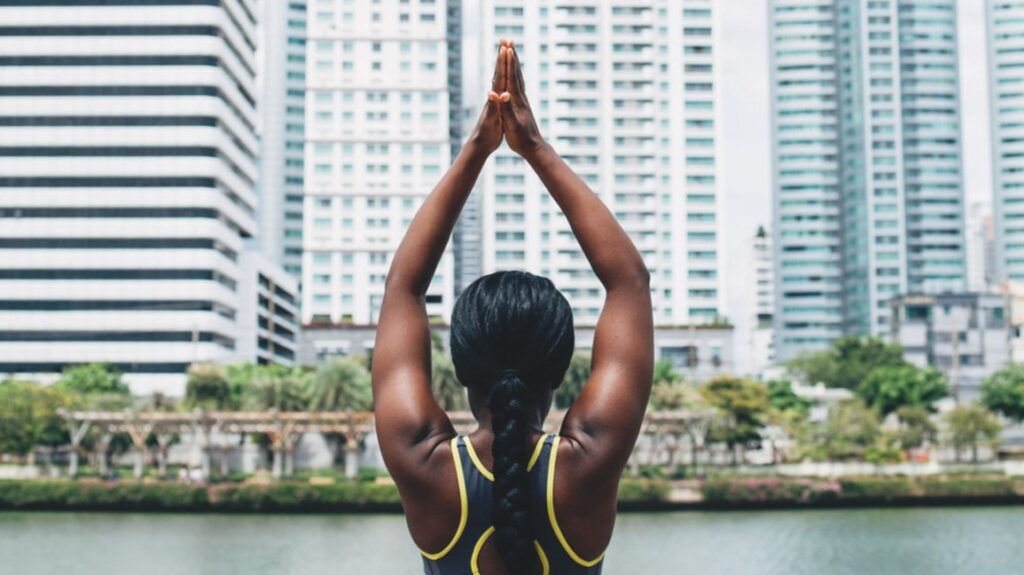The interaction between our body posture and anxiety constitutes a reciprocal influence. Poor posture not only correlates with heightened anxiety but also shapes our self-perception. Therapist Anna Papaioannou delved into this connection, explaining that improper posture can exacerbate anxiety and elevate cortisol, the stress hormone.
Furthermore, it restricts the flow of oxygen and blood to muscles and the brain. Slouching or maintaining a forward head position can contribute to brain fog, fatigue, and reduced emotional resilience.
Making minor adjustments to posture can reduce stress and strain on muscles, joints, and ligaments. This, in turn, lessens nervous system activation and the circulation of stress hormones. Anna emphasised the significance of posture awareness, noting that individuals might overlook their posture until they see themselves in a mirror or receive feedback from others. For those grappling with anxiety, stress, or self-confidence issues, this serves as a cue to actively focus on posture and bodily alignment.
Anna elaborated on the reasons why posture deserves our attention:
- Optimal lung function: Correct posture ensures unhindered oxygen flow, optimising lung capacity.
- Confidence: Maintaining proper posture aids in lowering cortisol levels, fostering a sense of self-worth and confidence in personal perspectives.
- Managing anxiety and stress: Poor posture induces shallow breathing, activating the sympathetic nervous system and elevating cortisol. Conversely, good posture helps reduce cortisol levels, thus assisting in stress and anxiety management.
- Mood enhancement: Improved posture minimises muscle strain and energy expenditure, contributing to an uplifted mood.
In essence, the interplay between posture and emotional well-being is profound. Anna’s insights underscore the intricate link between our physical demeanour and mental state. By cultivating an attentive approach to posture, individuals possess the potential to alleviate anxiety, enhance mood, and elevate their overall well-being. This understanding underscores the importance of mindfulness in how we hold ourselves, contributing to a healthier mental and physical equilibrium.











More Stories
7 questions that could help strengthen any marriage, according to a relationship coach
Are AI-generated recipes hard to digest?
Optimising Your Yoga Experience: A Pre- and Post-Nourishment Guide